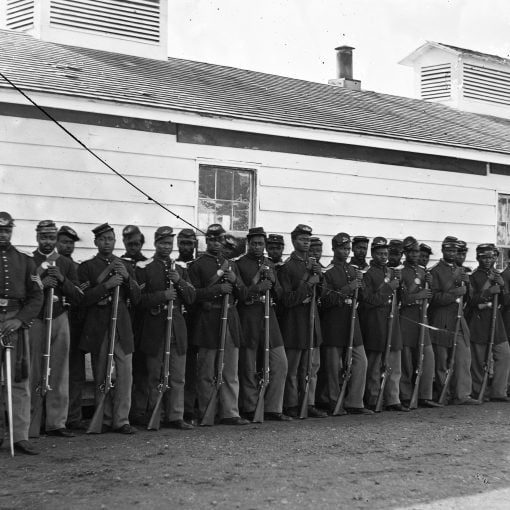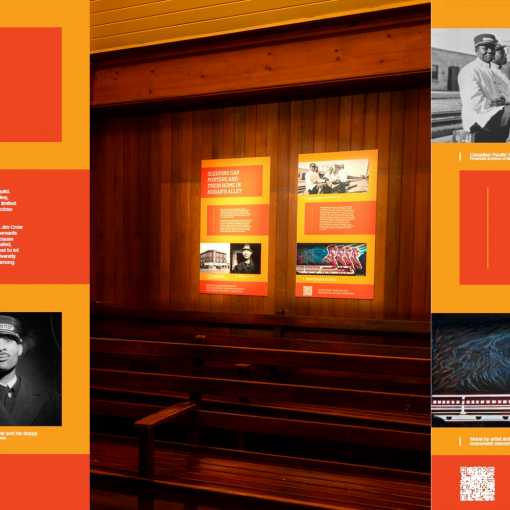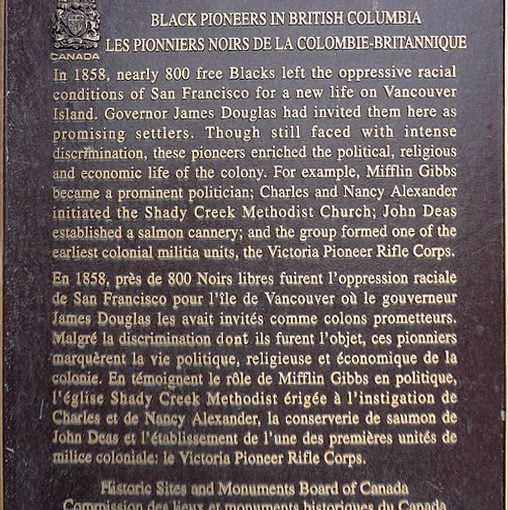The Emancipation Proclamation on January 1, 1863 did not mean immediate freedom form enslavement. Texas was the last and one of the largest bastions of institutional slavery, primarily because of the minimal build-up of Union troops. Plantation owners from areas relocated to Texas, forcibly taking the people they enslaved with them. Freedom finally came two years later on June 19, 1865, when General Gordon Granger led Union troops into Galveston Bay and declared the more than 250,000 enslaved Black people in Texas free by presidential decree. Celebrations broke out. Juneteenth was born and is the day emancipation is celebrated annually in many American communities.
You may also like
Thérèse Alexander was called to the BC bar in 1984 and was appointed a BC Provincial Court judge on January 8,1996 — […]
On April 12, 1861 President Abraham Lincoln declared war between the Union and Confederate states. An estimated four million enslaved people in […]
In May 2023, after the close of the “Hope Meets Action: Echoes Through the Black Continuum” exhibit, BCBHAS and Royal BC Museum […]
The Historic Sites and Monuments Board plaque (designation date: 1997-09-22) commemorating the arrival of the Black settlers in 1858 as “an event […]




